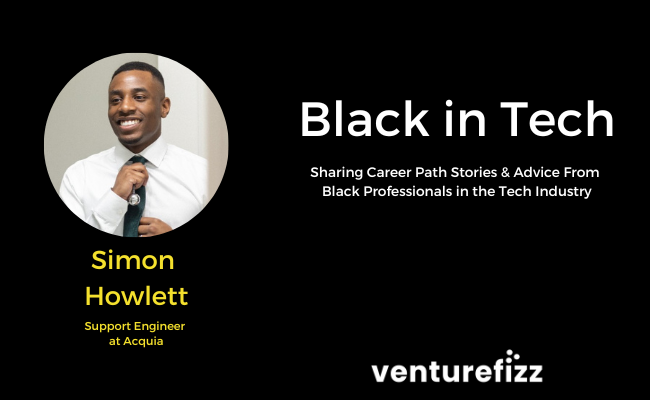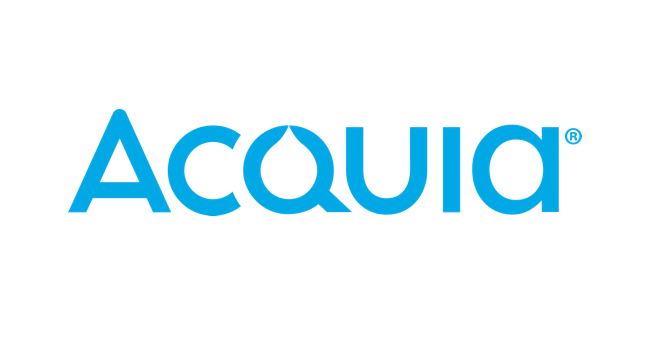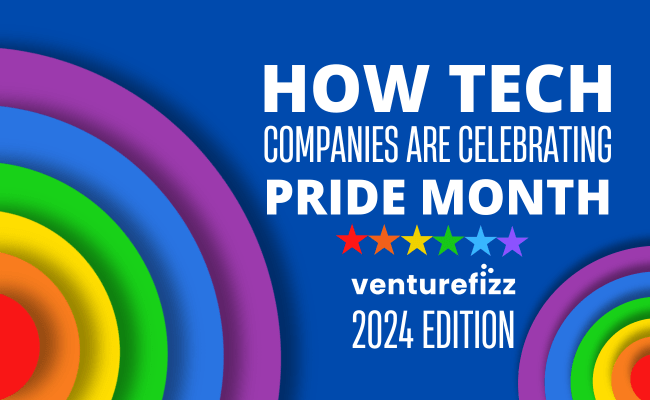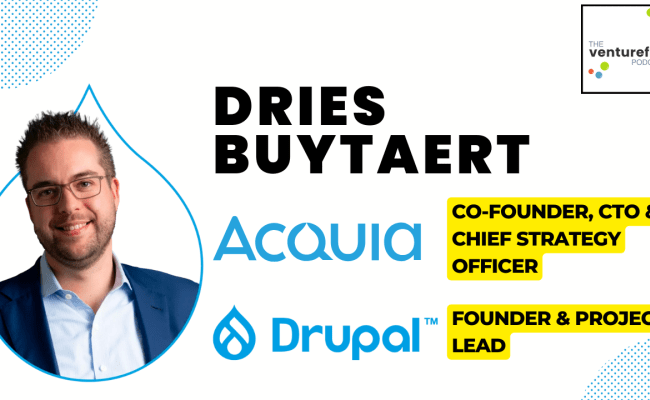Our Black in Tech series features the career path & advice from Black professionals in the tech industry. In this Q&A, Simon Howlett, Support Engineer at Acquia shares his story.
Where did you grow up and what were you like as a child? What did your parents do for work?
I grew up in Brampton, Ontario, Canada, we moved around a few times to nicer neighbourhoods. From what I remember, I believe I had a happy childhood. I loved to play soccer and was quite energetic. I was always relatively quiet, probably because I was deaf in one ear when I first learned to speak, so my speech was impaired, and it took me a while to pronounce words correctly when I was a teenager. Despite getting along with most groups of people in high school, I spent most of my freetime on the web playing MMORPGs, creating online English communities in foreign games, chatting and participating in projects on forums and IRC, and surfing every edge of the web.
One of the funniest memories of my childhood involving tech was when my parents had just banned me from the computer because I wasn't concentrating enough on school or going out enough. The very next day we had a parent-teacher conference and my computer science teacher was so excited to tell my parents how great my skills were in class that he pleaded with them to let me continue whatever I was doing on the computer at home. My mother worked on and off as an estate agent when I was growing up, and my father was a boring mill operator. I'm not saying his job was boring, that's the actual title of his work: he bored holes.
Where did you go to college? What did you study and what did you do after graduating?
I originally went to business school, I didn't know whether to specialize in accounting, marketing or finance as I enjoyed them all, but it didn't matter because I had a tragic life-changing event that caused me to drop out and move to Florida. I suffered from psychosis and paranoia during this time. I would go into detail, but I wrote a book you can find on Amazon called GPF: One Decision at a Time, which explains this period of my life. After I got my sanity back and returned to Canada from the States, I went to an IT school for Computer Networking and Security. I was instantly hired as a Data Analyst after graduation.
What inspired you to get into the tech industry?
I actually tried to avoid the tech industry. I spent a lot of time on IRC as a kid while the computer industry was booming and growing, and a lot of the programmers I spoke to were worn out and tired. Seeing and hearing this all the time made me promise myself that I would never become a programmer and that I would keep that side of my life as a hobby. Instead, I pursued a career in an industry that would push me out of my comfort zone and help me grow as a person. I only went into tech because it was something I was naturally good at after completely losing my identity, so it was the easiest way to get my life back on track. I still kept my promise that I would never become a programmer for profit; I did scripting instead.
What has your career path looked like in tech and the various positions you’ve held before joining Acquia?
I started as a data analyst in the electricity/utilities industry. In my position I saw a lot of potential for saving time in processes across all departments of the company, so I created a number of scripts to automate daily tasks and made a proposal for a new automation department. So I became an Automation Engineer and worked with each department to optimize their daily workflows, personally creating tools to keep costs down while improving production.
I had a lot of fun and a lot of free time while testing scripts or processes, so I started a hobby that I could do at the same time while sitting at my desk—a fidget toy called Begleri. Within a few months, when I was quite good at it, the spinner craze had just hit the world. With the reports about the health benefits of fidget toys and gadgets, a bunch of companies were looking to cash in on the wave, and one of them saw my skills online and picked me up as an ambassador. So I started traveling around Canada and the States in my spare time, filming commercials and doing big events like VidCon or the New York Toy Fair. This really improved my people skills and I was even offered jobs in marketing, but I loved IT too much to leave.
Back at home, in my company, senior people were leaving for a bigger company and they convinced me to go with them. I became an International IT Consultant for the new company, and my job was to set up customer databases and to present and train customers on site. That's what I did until the pandemic, when international jobs were no longer in high demand. I was also in bad health due to a disease called cholinergic urticaria, which causes an allergic response to heat. This led to my next career move, which was sharing the treatment for the condition through streams that eventually attracted 20,000-30,000 people. This work as a community leader and positivity coach allowed me to pursue my dream of moving to Europe and then the UK, where I now work as a Support Engineer.
Can you share the high-level responsibilities of your current position at Acquia?
As a Support Engineer, I interact with customers on a daily basis over the phone or through a ticketing system to help troubleshoot, inform or resolve technical issues. Much of the work involves solving real-time problems across a wide range of technical areas. We work with teams in each part of the world and other internal teams in other departments to meet customer needs. Good knowledge of Drupal, web development, cloud systems, Linux, etc. is required as this is a digital experience platform company.
What has attributed to your success thus far and what types of obstacles have you had to overcome along the way as a Black professional?
I believe my success is down to my flexibility and willingness to learn and change. I'm never afraid to put myself in situations that are out of my comfort zone, like taking part in this series. I really don't like to talk about myself or show pictures of myself and I know that surprises a lot of people. However, if they understand my strength to stay curious and open to new opportunities as they present themselves, they can understand the duality. That's where I find my success. As a Black professional, it's really about giving people the benefit of the doubt. I truly believe in my heart that all people are good at their core and make choices that they feel are good.
What types of programs and initiatives does Acquia have that support diversity, equity, and inclusion?
Acquia has an amazing employee resource group called AABLE (Acquia Alliance of Black Leaders for Excellence), which provides a space for networking and community within Acquia, among other amazing things like bringing in speakers and programs to educate and help all Acquias have a more diverse opinion about people of color. We also have a dedicated Acquia Academia portal with lots of resources and videos on diversity, equity and inclusion.
What advice would you give to other Black professionals who are interested in joining the tech industry?
Focus on your well-being above profit. Have it be a priority to put yourself in a good space, with good people.
While general awareness of the problem of diversity in the tech industry is a step forward, to make a lasting change, real actions need to be taken. Do you have any ideas or suggestions on what companies or employees can do to step up and make a difference?
I believe in affirmative action. I believe that we’d have a lot more Black executives in large corporations if all candidates were given equal opportunities, but unconscious bias is a real thing. So we need to put procedures in place that remove or reduce unconscious bias. I believe in the good of all, so if everyone has an equal opportunity to present themselves, the best candidates are more likely to be chosen. We live in a representative democracy, so it is important that all walks of life have representation in most aspects of our daily lives, including organizations. Diversity brings many benefits, most importantly the ability to find new and potentially better ways of doing things that can only be thought up by a team with diverse backgrounds and experiences. Innovation is at the core of the tech industry, affirmative action supports diversity that drives innovation.






